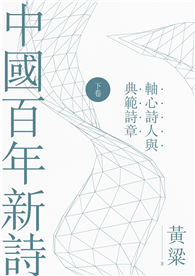The how's and why's of successful drug repositioning
Drug repositioning, also known as drug reprofiling or repurposing, has become an increasingly important part of the drug development process. This book examines the business, technical, scientific, and operational challenges and opportunities that drug repositioning offers. Readers will learn how to perform the latest experimental and computational methods that support drug repositioning, and detailed case studies throughout the book demonstrate how these methods fit within the context of a comprehensive drug repositioning strategy.
Drug Repositioning is divided into three parts:
Part 1, Drug Repositioning: Business Case, Strategies, and Operational Considerations, examines the medical and commercial drivers underpinning the quest to reposition existing drugs, guiding readers through the key strategic, technical, operational, and regulatory decisions needed for successful drug repositioning programs.
Part 2, Application of Technology Platforms to Uncover New Indications and Repurpose Existing Drugs, sets forth computational-based strategies, tools, and databases that have been designed for repositioning studies, screening approaches, including combinations of existing drugs, and a look at the development of chemically modified analogs of approved agents.
Part 3, Academic and Non-Profit Initiatives & the Role of Alliances in the Drug Repositioning Industry, explores current investigations for repositioning drugs to treat rare and neglected diseases, which are frequently overlooked by for-profit pharmaceutical companies due to their lack of commercial return.
The book's appendix provides valuable resources for drug repositioning researchers, including information on drug repositioning and reformulation companies, databases, government resources and organizations, regulatory agencies, and drug repositioning initiatives from academia and non-profits.
With this book as their guide, students and pharmaceutical researchers can learn how to use drug repositioning techniques to extend the lifespan and applications of existing drugs as well as maximize the return on investment in drug research and development.












